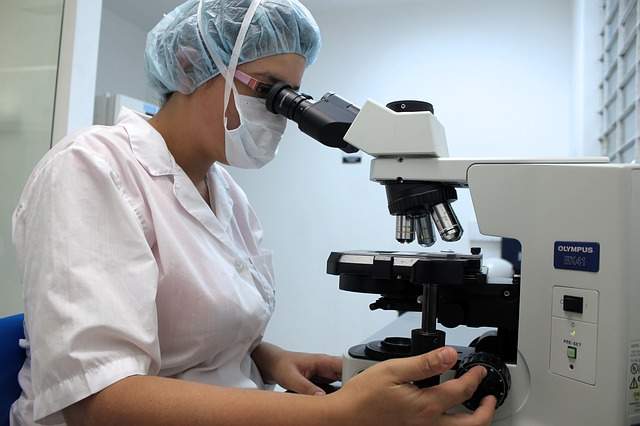
Immuno-oncology company Merus has entered into collaboration with Barcelona-based cancer centre Vall d’Hebron Institute of Oncology (VHIO) to develop new drug candidates for therapeutic applications.
VHIO offers its expertise in clinical, translational and preclinical research while Merus, known for its development of bispecific antibody therapies, will contribute its proprietary technology platform Biclonics.

Discover B2B Marketing That Performs
Combine business intelligence and editorial excellence to reach engaged professionals across 36 leading media platforms.
“We are excited to further expand our relationship with Merus,” VHIO director Josep Tabernero said.
“VHIO’s capacity to advance cancer discovery through our seamless integration of translational science and clinical research is the perfect pairing with Merus’s differentiated oncology pipeline, which will allow us to jointly accelerate the development of promising, innovative cancer therapies for our patients.”
Merus’s Biclonics candidates are based on the full-length Immunoglobulin G (IgG) antibody format, with similar features to conventional human monoclonal antibodies such as a long half-life and low immunogenicity.
The company’s most advanced candidate, MCLA-128, is an inhibitor of the HER3 pathway, which assists tumour growth and survival. The drug blocks heregulin-stimulated growth of tumour cells and is currently being investigated in a Phase II combination trial as a treatment for metastatic breast cancer, and a Phase I/II clinical trial for gastric, ovarian, endometrial and non-small cell lung cancers.

US Tariffs are shifting - will you react or anticipate?
Don’t let policy changes catch you off guard. Stay proactive with real-time data and expert analysis.
By GlobalDataMerus’s second most advanced candidate, MCLA-117, is under examination as a treatment for acute myeloid leukaemia (AML) in a Phase I trial. The drug binds to cell-surface molecules CD3 and CLEC12A; the former is present in T-cells and the latter is seen in AML cells and stem cells. MCLA-117 activates T-cells to kill CLEC12A-expressing AML cells, helping to prevent tumour recurrence.
The company also has a number of antibody candidates in a preclinical development phase, including MCLA-158, which is designed to bind to cancer stem cells and is a potential treatment for solid tumours such as those resulting from colorectal cancer.
On the company’s collaboration with VHIO, Merus CEO Ton Logtenberg said: “VHIO is an internationally renowned leader in cancer research. This new collaboration builds on the successful working relationship established in the Phase 1/2 study for MCLA-128.
“This relationship will now be extended and strengthened, applying the outstanding translational and clinical research capabilities of VHIO to the development of Biclonics candidates already in the Merus pipeline and providing new translational and biological insights to support the development of the next generation of Biclonics candidates.”





